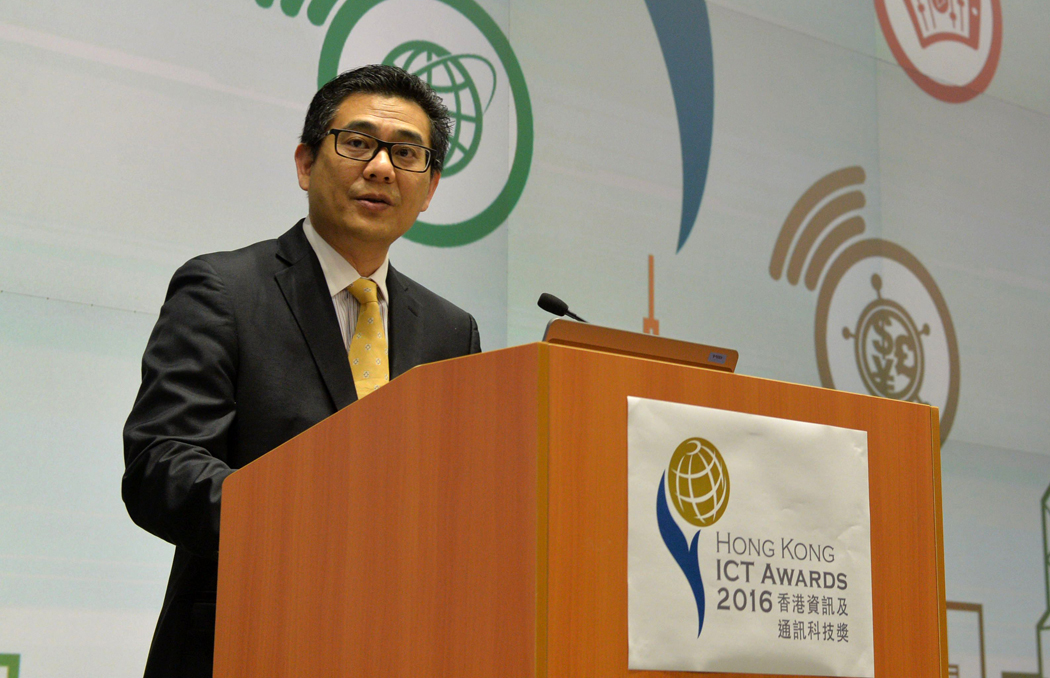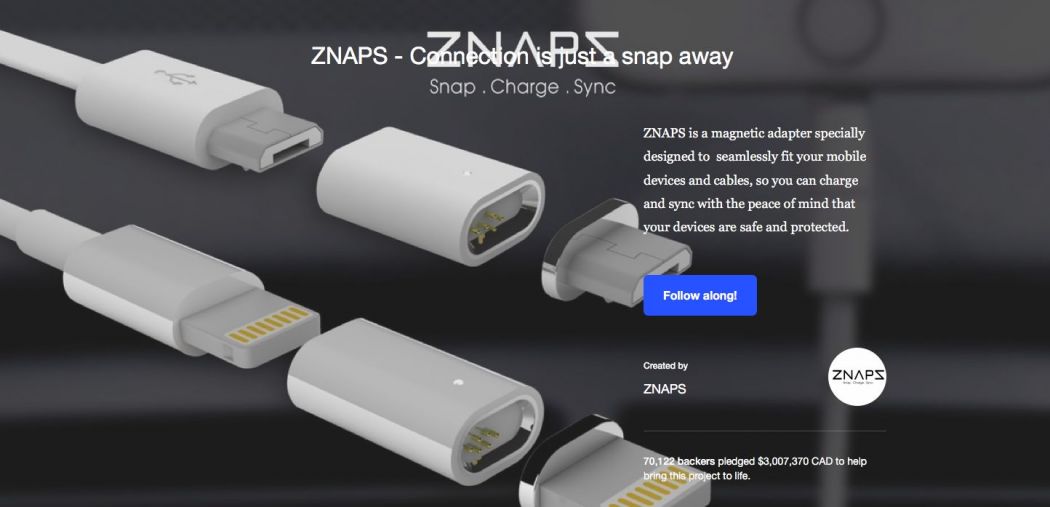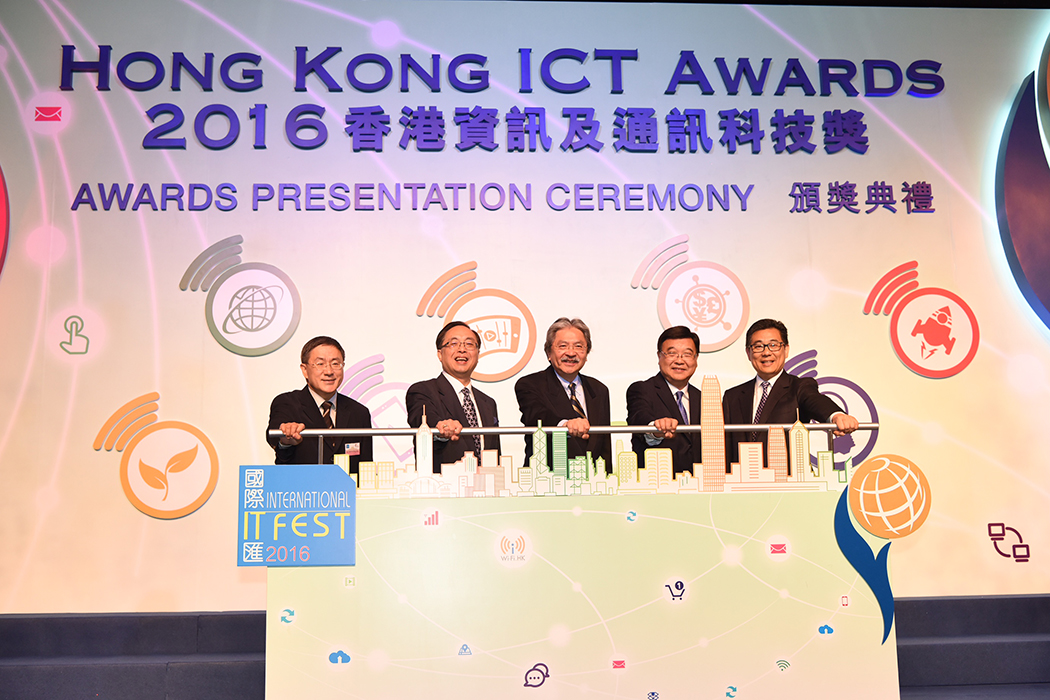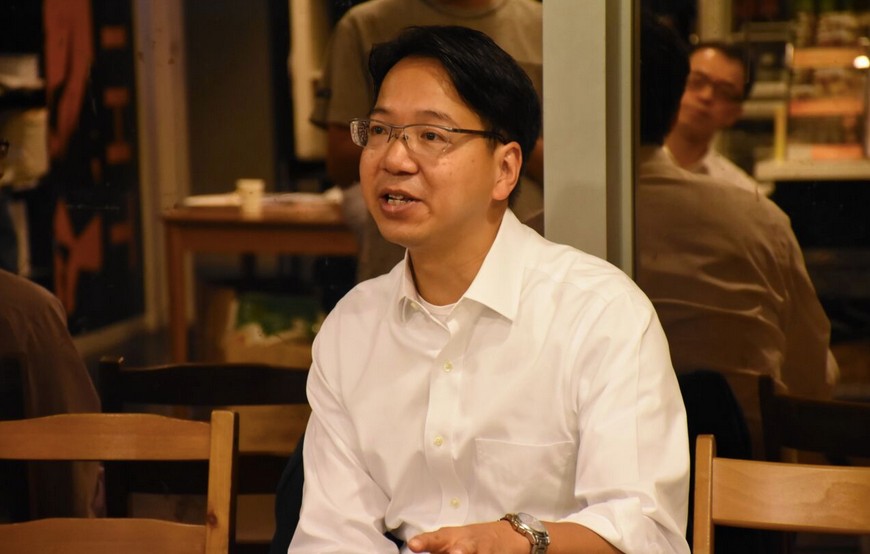The government’s handling of a competition for Hong Kong start-ups has brought accusations of a haphazard screening process that rewards companies not eligible for the awards.
The winners of this year’s Hong Kong Best ICT Startup Awards have had to defend themselves against accusations. The companies Metas and Znaps won the gold and bronze awards, respectively, in a competition that is plagued by “systemic failure,” according to LegCo IT sector lawmaker Charles Mok. Mok is one of many critics who say that the committee responsible for the awards did not perform sufficient checks on the eligibility of applicants.

The minutes of a July 7 meeting of the Steering Committee of the Hong Kong ICT Awards was acquired by HKFP. In the meeting, members were briefed about media reports on Metas and Znaps.
According to the minutes, Allen Yeung Tak-bun, the Government Chief Information Officer, said “due to limited resources of the LOs [Leading Organisers], checking on eligibility would inevitably be on a trust basis according to the information provided by participating companies. Nevertheless, LOs had to ensure that there would not be fraud or major irregularities.”

Metas
Metas is a maker of “intelligent electronic modules” founded in Hong Kong in 2014. Its product is similar to littleBits, a toy invented by a US startup in 2008. The magnetic connector technology of littleBits was patented in the US in 2012 and in China in 2014.
When asked by Apple Daily reporters, the founders of Metas told the newspaper in June that they saw littleBits’ idea and “improved” the modules at their OEM factory in China.
They denied that they had infringed littleBits’ copyright as it was open source, even though littleBits later applied for patents.

However, the company admitted to the newspaper that littleBits had made enquiries with them and the matter was being handled by lawyers in the US.
Metas said in a statement that they are not involved in any copyright lawsuits.
The products made by Metas Hong Kong Limited have received effective patents in mainland China, Hong Kong and Taiwan, according to another statement. The company also said their connector technology is common technology that is widely used in different devices.
The ICT awards states that to be eligible for the award, “the product, application or service offered by the company must be developed or co-developed by the company.”

Znaps
Znaps, a magnetic adaptor for smartphone cables, is a product crowdfunded on Kickstarter. The company behind it claimed the product was sold to more than 138 countries in an introduction for the ICT Awards.
“The product, application or service offered by the company must be launched or in operation for at least three months before the date of entry” into the awards in order to be eligible, said a document from the awards.
However, many of the product’s backers commented in an update of the crowdfunding page posted on August 6 that they have yet to receive their products as pledged. Some asked for refunds.
A search on YouTube returned videos from a backer who claimed to have received the product from Hong Kong in July. In a second video posted three days later, he said the product was “absolutely non-working.”
Products similar to Znaps can be found on China’s Taobao online store.

Znaps Inc. – the company registered in Canada that is behind the product – said in a statement that version 1.2 of the adaptor was launched on the Kickstarter platform in July 2015.
The statement said version 1.0 of the adaptor – apparently an earlier version – was launched on the international market in September 2015. Hong Kong company Znaps Limited, which was registered in December 2015, was allowed by the organiser, on behalf of Znaps Inc., to take part in the awards in January 2016.
The company also added that Znaps Inc. delivered version 1.2 to 500 of its backers in February 2016.
‘Systemic failure’
Other winners in past years of the ICT awards have been controversial, including the Arist coffee maker, which won the Grand Award for Best ICT startup in 2015. Its backers on Kickstarter complained that they did not receive the same product they paid for.
IT sector lawmaker Charles Mok told HKFP by email that he saw the incidents as a “systemic failure.”
“How can a government department decide that, even though an entrant by all means looks like it is not even eligible for the award it entered to begin with, there is no consequence, simply – there are no resources to screen everyone, and [entrants were screened] just based on ‘trust’ which almost clearly had been violated?” he wrote.
Mok questioned why the results cannot be overturned, and why the government cannot give the public an explanation if an awardee was found to be ineligible.
“If the government department does nothing about it, is it basically saying ‘we don’t care, the same problem can happen again, and we still will not care,’” Mok wrote.

‘Should not overdo’ checks
The leading organiser for the startup portion of the awards was the Hong Kong Information Technology Joint Council, whose president is Duncan Chiu. Chiu is the son of the late Hong Kong entrepreneur Deacon Chiu.
After Chiu’s briefing, Davey Chung, the Deputy Government Chief Information Officer, was quoted by the minutes as saying that “while LOs should make every effort to exercise due diligence in eligibility check, they should not overdo this to the extent of making it too harsh and tedious, and defeating the objective of recognising innovation, especially by start-ups.”
According to the minutes of the ICT Awards steering committee, a member of the committee suggested that participating companies should disclose any disputes over intellectual property rights, and that the Kickstarter platform fundraisers should provide a means for organisers to see their backers’ comments.
Allen Yeung, who is also the chairman of the committee, was recorded in the minutes as saying that he welcomed the suggestions.

Charles Mok says the government isn’t taking the situation seriously enough.
“The present handling is grossly unfair to other entrants in the same award, and the other entrants or winners in other awards, for the damage caused to the reputation of the other ICT awards.”
“Ultimately, it is putting the image of our whole industry in shame. It all defies any reason or logic,” he added. “A natural question to ask is, what is the government department trying to hide, or defend, at such high cost?”
Mok is a candidate in the information technology functional constituency running in the upcoming Legislative Council election. The Chairperson of the Organising Committee of the Best ICT Startup Awards, Eric Yeung Chuen-sing, is running against him.
